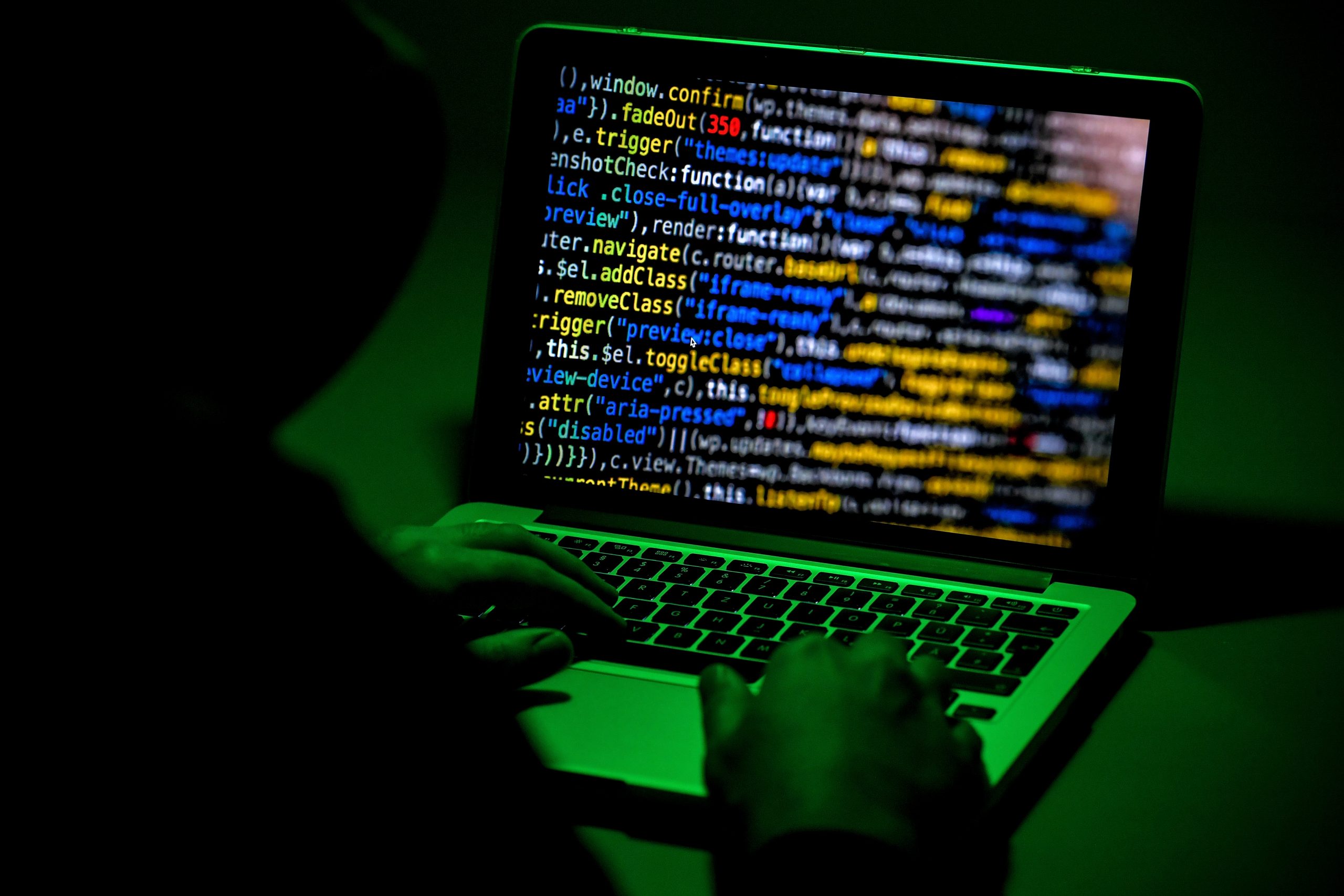Online media critical of Albania’s government claim that the cyber attacks that targeted them recently were likely coordinated, and possibly linked to Tirana Mayor Erion Veliaj.
They told BIRN that they suspected that the attacks happened because they published a taped conversation in which Veliaj can be heard using slurs, coarse language and threats when speaking to regional football officials.
They said the attacks made it difficult for the public to access their webpages, and that the attacks looked coordinated.
Brahim Shima, director at Ora News, a broadcaster based in Tirana, told BIRN he believed that the attack had been deliberate.
“The attack was completely intentional, to make it as difficult as possible to access the news at Ora News. There were previous attempts to hack the site, but the attack launched in January was aimed at reducing it, or maximizing our difficulty in disseminating news,” Shima told BIRN.
He added that they connected the attack to the battle between the Albania Football Federation, FSHF, and the Tirana Mayor over elections for a new head of the football governing body.
“We do not have concrete facts, but [we believe] everything has to do with pressure from Mayor Veliaj towards the FSHF,” he added.
Enton Abilekaj, who runs a local media outlet called Dosja.al, said the cyber attacks targeted his media as well, making access to its webpage difficult.
“The company that provides us with online activity informed us about a special attack, which was not done by hackers but by buying IPs abroad, so artificially increasing traffic, so that the server could not cope and the site could not be accessed,” Abilekaj told BIRN.
“From the investigation we did with colleagues who had the same problem, we realized that the attacked sites were the same ones that published the audio recording of the mayor in a meeting with members of the Tirana regional Football Assembly,” he added.
He said that the attack had finished, but had left a lot of uncertainty within the media.
Andi Bushati, who runs Lapsi.al, told BIRN that he also saw the attacks as connected with the publication of the tape in which Mayor Veliaj appeared to be pressuring the football community of the capital to interfere in the FSHF elections.
“We do not have 100-per-cent verifiable evidence that the cyber attack came from the mayor, but the fact that those media outlets that gave great visibility to this news were attacked and, above all, that the FSHF website that first published this eavesdropping was attacked, leads all assumptions to Veliaj,” Bushati told BIRN.
Gerti Progni, an Albanian cyber expert, told BIRN that portals that are critical of the authorities and the government have been subjected to cyber attacks “for some time now”.
“But it has never happened that the attack was so large and at such a high cost, because the type of attack was a DDOS [denial of distribution of service],” Progni said. “It is the only attack that is almost impossible to detect, and it’s very difficult and costly to defend oneself from it,” he added.
















